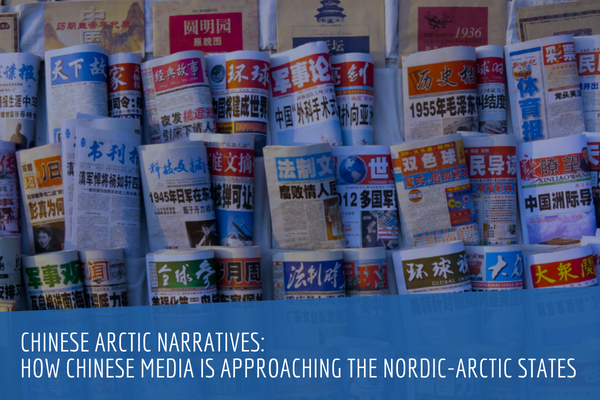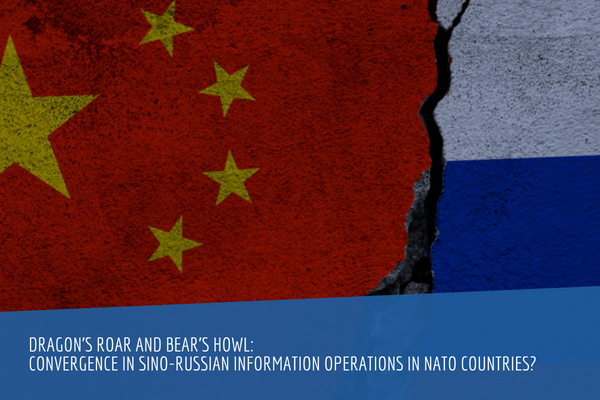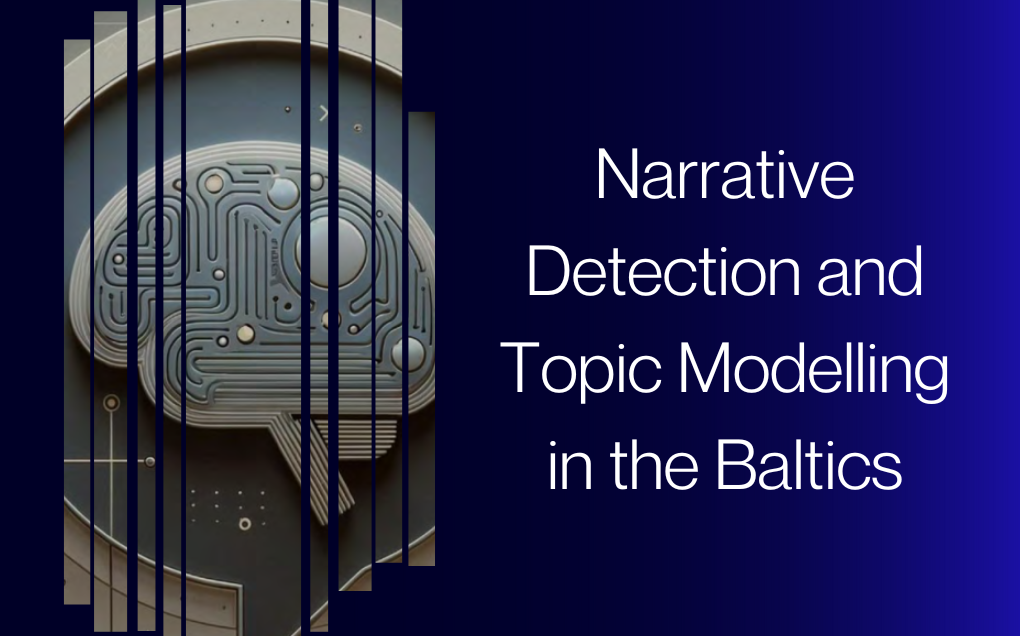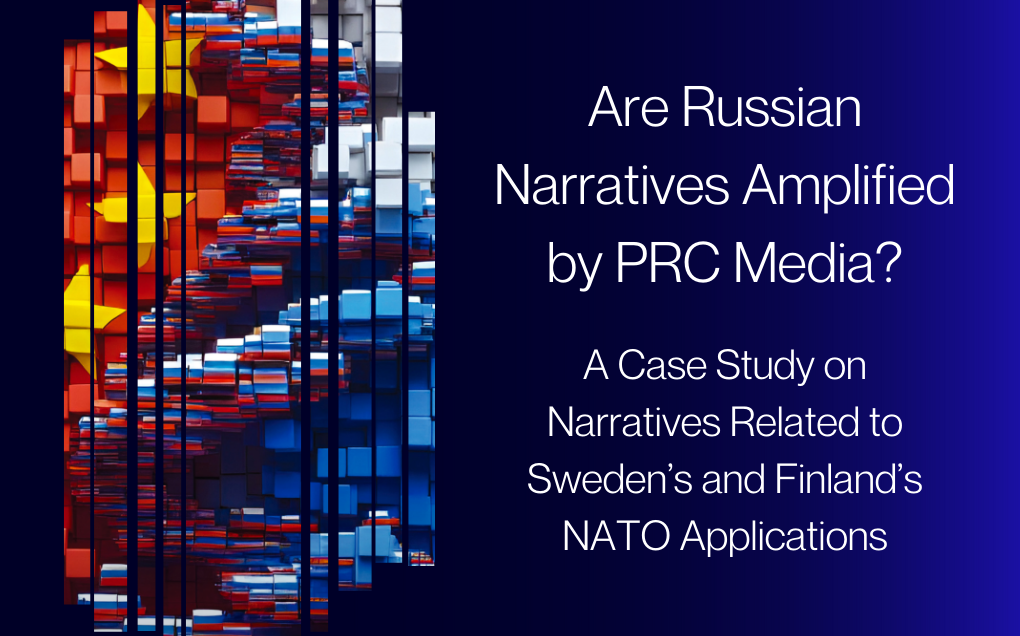China is generally considered one of the greatest challenges facing NATO member states in the 21st century. Much attention has been paid to China’s decades-long meteoric economic rise which has also fueled a massive military buildup. During the 2010s, China became increasingly assertive in its geopolitical neighborhood, raising alarms in numerous capitals. In recent years, China’s growing interference in domestic affairs of countries around the world has attracted growing international attention, while Chinese technology is quickly catching up – or even leading – in key domains, such as 5G, AI, big data, surveillance, space, and others.
This paper delves into the area of China’s strategic narratives and examines what China’s story is, who is it aimed at, and how China's narratives potentially affect its status and behavior in the international system. This paper looks specifically at how the Chinese strategic narratives frame the relationship with NATO member states. This is important because the first part of developing an effective response to Chinese strategic narratives is understanding and mapping the scope and nature of the challenge. When it comes to the most confrontational steps by China, such as the spread of disinformation or attempts to suppress free speech abroad, a direct response is needed. Overall, however, the most efficient long-term strategy is to bolster the societal resilience of NATO member states and concentrate on shaping their own strategic narratives, which must transcend mere reactions to Chinese actions and offer alternative positive visions.






